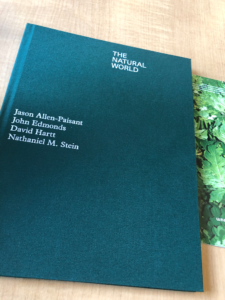As a theatre practitioner, I have responded to some of what we have heard about in the past 3 days:
· How do we work across trans-national contexts to enable understandings of other contexts; or lives different in terms of context and materiality?
· What emerges through limitations of singular interventions (e.g.: while we may speak of particular art forms, such as Louise Bernard’s discussion of Thrival Geographies at the Venice Biennale; or as Honor Ford-Smith mentions, the limitations of theatre practice alone; we must also understand how NGOs and grassroots activism work together to make change possible).
· Constant challenge of representations of violence, pain and ambivalence*.
· The fraught issue of recognition/ the apology.**

· In many of the talks about art/ interventions, speakers note these alongside deeply experienced everyday understanding, vernacular and moments.
I begin to consider the issue of virtuality, the speculative, the potential that is discussed by Muñoz, Silva and others.
‘Descriptors of virtuality –namely transubstantiality, transversality, and traversality – […] signal the kind of imaging of the World announcing a Black Feminist Poethics’ (2014: 93).
DENISE FERREIRA DA SILVA (2014) Toward a Black Feminist Poethics: The Quest(ion) of Blackness Toward the End of the World. The Black Scholar, 44(2): pp.81 – 97.
* This point was highlighted by the circulations of violence/ state violence within nations.
** This is considered by Vanessa-Eileen Thompson about decolonial justice.




